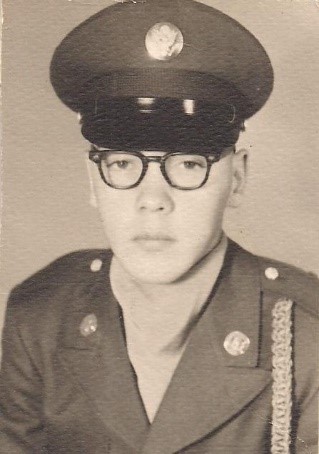As a young man in 1964, I was not prepared for nor knowledgeable of life let alone World events that had been taking place in the early 1960’s. At the beginning of the “Sixties” decade the Cold War, that started just after the end of World War II, was still being conducted, and in 1961, under the Eisenhower Administration, the first Advisors were being sent to Vietnam.By the end of 1963 the number of American Military Personnel had risen to 16,000. By the time that I went into the United States Army in October 1964 the claimed “Gulf of Tonkin” incident had taken place. An incident that reported that Vietnamese boats had fired torpedoes and machine gun fire on the USS Maddox. This incident resulted in a joint Congressional Resolution knows as the “Gulf of Tonkin Resolution” that provided President Johnson with extensive powers that he used to declare open warfare on North Vietnam without a Declaration War by Congress.While somewhat saddened to report, the following provides evidence and supports of the previous statement of how unknowledgeable a young man unaware of worldly events can be about those things that would later shape his life. Had anyone asked me questions related to the Gulf of Tonkin issues in October of 1964 I would not have been able to answer any of them. Not only would I not have been able to answer any questions related to these events, if asked to point to Vietnam on a map I would have failed.

Harold E. Redding
The American young men and women of the “Sixties” were all the product of parents that in many cases not only grew up during the Great Depression, but had served, sacrificed and survived World War II. The things that I would learn to values and that would greatly shape my life were provided by my Mother. However, the patriotic responsibilities that I felt were mostly influenced by the many stories I heard from those who served and survived World War II. At the time I had no idea how these stories would influence the patriotic responsibility and obligation that I felt to serve my country.
I recall the non-detailed stories of many about personal experiences that were a results of those who had served during World War II. Stories that were not only of great interest, but always seemed to define the responsibility one has, if called upon, to serve and defend their country.
So by October 1964 I had been prepared to serve and if necessary sacrifice my life for my country although I admit I never really thought much about sacrificing my life. The responsibility and duty as an American citizen had now been well-defined as an obligation that I had as an American. Which I fulfilled by enlisting in the United States Army.

